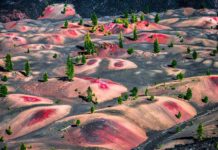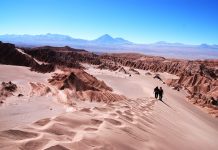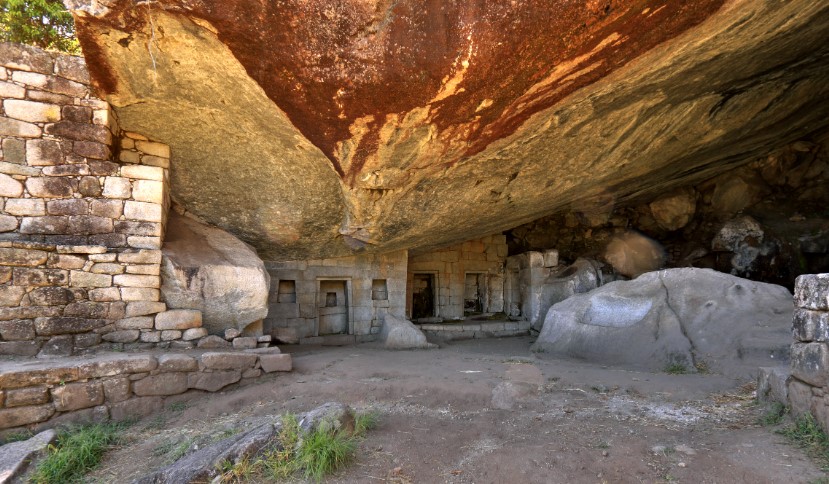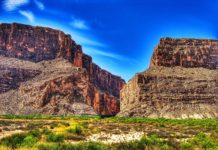Multnomah County, Oregon, United States, contains Wahclella Falls, a waterfall that flows along Tanner Creek. Within the Columbia River Gorge, it enters the river. The Mazama mountaineering club named Wahclella Falls after a nearby village of Native Americans in 1915. In order to reach the Bonneville Dam, the Columbia River Highway splits around Exit # 40.
This 1.8-mile roundtrip trail is located at the midpoint of well-maintained trail number 436. A great out-and-back trail near Cascade Locks, Oregon. The route takes an average of 50 minutes to complete. You may encounter other people while exploring this area, as it’s a very popular place for birding, hiking, and running.
Both the waterfall and its surroundings are beautiful. All the time you’re in a canyon? The surrounding rock is tall and covered in moss. The vastness and beauty of it are truly breathtaking.

A combined height of 350 feet separates the upper and lower segments of the falls. The upper section is barely visible, but the lower segment is fully visible as it thunders out of a narrow gorge carved through dark gray basalt. In late fall, look for spawning salmon at the base of the falls, and water ouzels bobbing along the streamside.
A semi-circular rotunda extends from the falls to the main vantage point surrounding the plunge pool, giving it a picturesque quality. The flow of water at Wahclella varies seasonally as with most waterfalls. Tanner Creek is primarily sourced by underground springs, so adverse weather does not significantly affect its flow.

Near the entrance to the dam, there is a parking and access area for Wahclella Falls. For parking at the trailhead, the United States Forest Service charges USD5 or requires a pass. Burn signs were visible, but the area did not feel like it had been burned. There are only a few trees with blackened trunks here and there.
Tanner Creek, which feeds Wahclella Falls, suffered heavy damage as a result of the Eagle Creek Fire in 2017. Because flash floods, a tree falls, and landslides can occur during or within 48 hours of heavy rain and snow events, the area is not recommended for hiking during or within these times. Until 10 years after the fire, the risks will remain elevated.
Read More – Elowah Falls – The Scenic Waterfalls of Multnomah County









